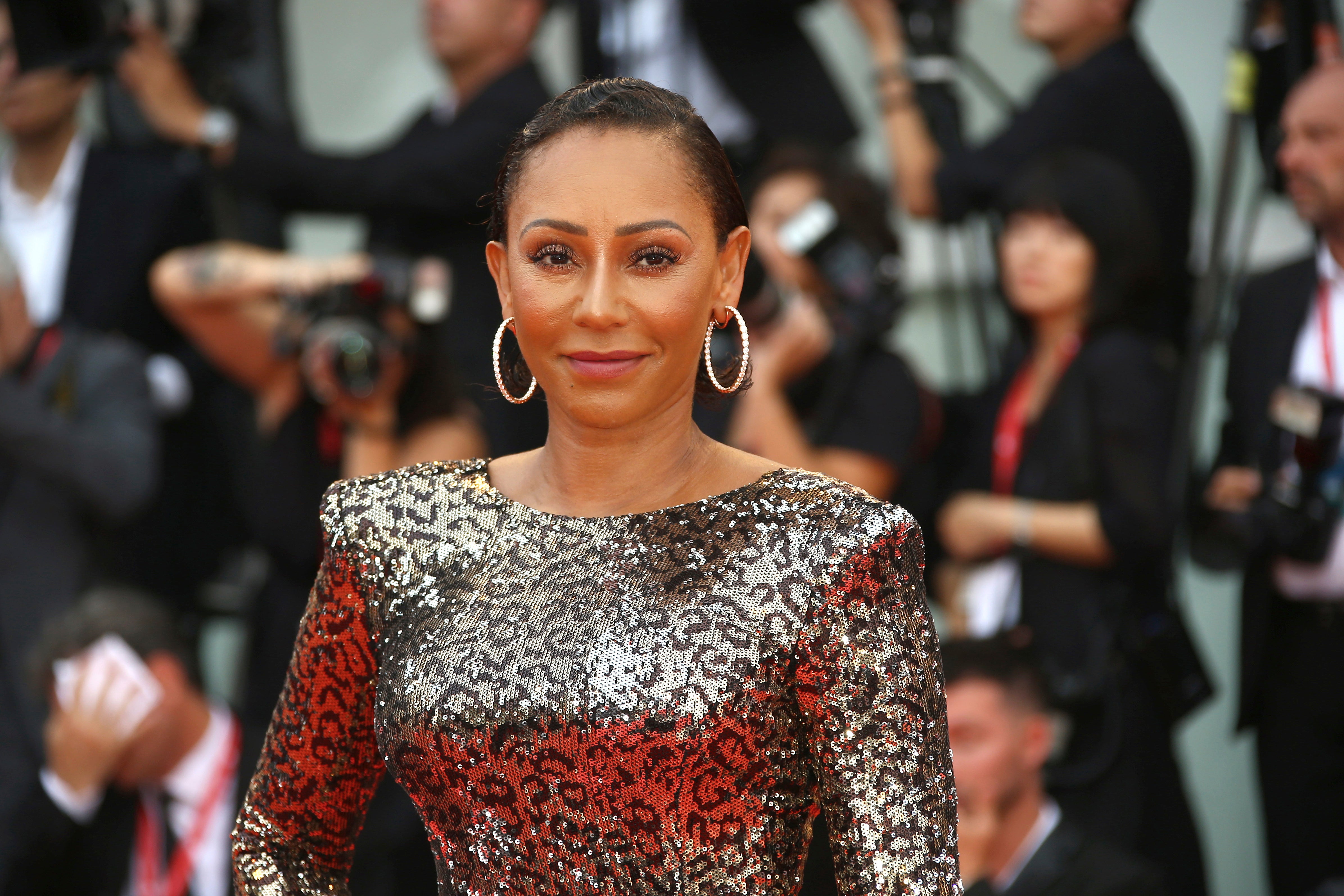Mel B joins a campaign calling for a new UK law to bar Afro hair discrimination
Former Spice Girl Mel B is among dozens of Black Britons urging Parliament to update the country’s equality laws and prohibit Afro hair discrimination

Your support helps us to tell the story
From reproductive rights to climate change to Big Tech, The Independent is on the ground when the story is developing. Whether it's investigating the financials of Elon Musk's pro-Trump PAC or producing our latest documentary, 'The A Word', which shines a light on the American women fighting for reproductive rights, we know how important it is to parse out the facts from the messaging.
At such a critical moment in US history, we need reporters on the ground. Your donation allows us to keep sending journalists to speak to both sides of the story.
The Independent is trusted by Americans across the entire political spectrum. And unlike many other quality news outlets, we choose not to lock Americans out of our reporting and analysis with paywalls. We believe quality journalism should be available to everyone, paid for by those who can afford it.
Your support makes all the difference.Former Spice Girl Mel B is among dozens of Black Britons urging Parliament to update the country's equality laws and prohibit Afro hair discrimination.
In an open letter to lawmakers on Tuesday, campaigners including Mel B, singer Beverley Knight and lawmaker Paulette Hamilton called for the U.K. to introduce a law to recognize Afro hair as a protected characteristic.
“For too long, people with Afro hair have experienced unjust treatment in U.K. society and the current law is not direct enough to govern businesses, schools and the public to prevent serious harm,” read the open letter, released ahead of World Afro Day on Sunday.
“The omission of hair as a protected characteristic from the law has facilitated everyday discrimination and the normalization of Afro hair as inferior in every sphere of life,” it added.
Mel B wrote that her “big wild curly hair” drew unwanted attention for her as a child and later as a popstar.
“The very first video shoot I did as a Spice Girl for ‘Wannabe,’ the stylists took one look at my hair and told me it had to be straightened," she said. “My big hair didn’t fit the pop star mold.”
She said she stood her ground and did not change her hair, and women still tell her how the 1990s music video inspired them to stop straightening their hair.
Racial discrimination based on hairstyles has been a topic of debate and lawsuits in the United States for some time. Earlier this year a trial took place in Texas involving a Black student who was suspended from his school for wearing twisted dreadlocks.
Texas and Michigan are among two dozen U.S. states that recently introduced laws intended to bar employers and schools from penalizing people because of hairstyles including Afros, braids, dreadlocks, twists or Bantu knots.
In July, the U.S. territory of Puerto Rico passed similar anti-discrimination legislation.